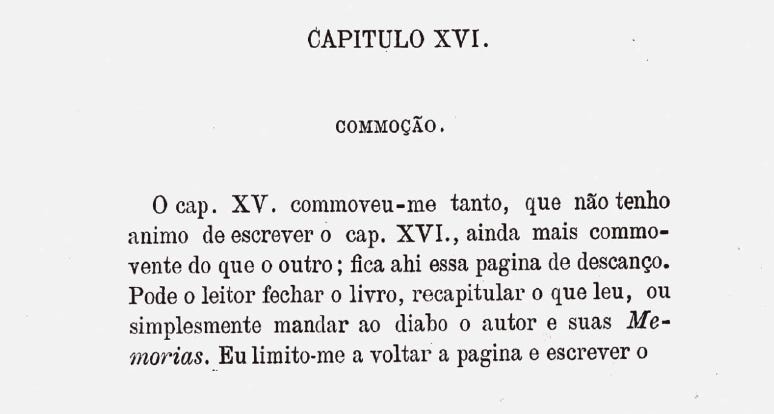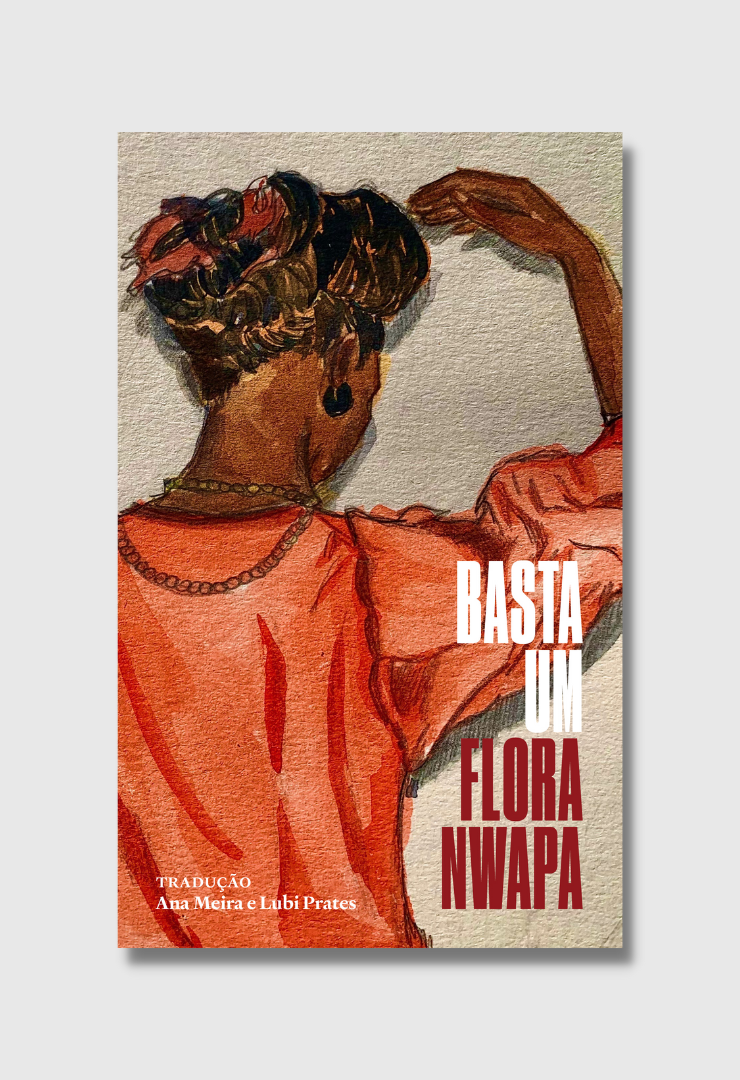Thanks, alik. The text is entertaining and instructive. And congrats to Yandex translator:
Taffy. Nickname
-------------------------------------------------------------------
Taffy N.A. Stories. Comp. E.Trubilova. — M.: Molodaya gvardiya, 1990
Ocr Longsoft
http://ocr.krossw.ru , September 2006
-------------------------------------------------------------------
I am often asked about the origin of my pseudonym.
Indeed — why suddenly "Taffy"? What's the dog's name? It is not for nothing that in Russia many of the readers of the "Russian Word" gave this name to their foxes and lefties.
Why does a Russian woman sign her works with some kind of anglicized word?
Even if she wanted to take a pseudonym, so she could choose something more sonorous or, at least, with a touch of idealism, like Maxim Gorky, Demyan the Poor, the Wanderer. These are all hints of some kind of poetic suffering and endears the reader to himself.
In addition, female writers often choose a male pseudonym. It's very smart and careful. It is customary to treat ladies with a slight grin and even distrust.
— And where did she get it?
— It's probably her husband who writes for her.
There was a writer Marko Vovchok, a talented novelist and social activist signed "Vergezhsky", a talented poetess signs her critical articles "Anton Extreme". All this, I repeat, has its own raison d'etre. Smart and beautiful. But — "Taffy" — what nonsense?
So, I want to honestly explain how it all happened.
The origin of this wild name refers to the first steps of my literary activity. I had just printed two or three poems signed with my real name and had written a one-act play, but I didn't know at all what to do to get this play on stage. Everyone said that it was absolutely impossible, that you need to have connections in the theatrical world and you need to have a major literary name, otherwise the play will not only not be staged, but will never be read.
— Well, who among the directors of the theater wants to read all sorts of rubbish when "Hamlet" and "The Inspector" have already been written? And even more so ladies' cooking!
That's when I thought about it.
I didn't want to hide behind a male pseudonym. Cowardly and cowardly. It is better to choose something incomprehensible, neither this nor that.
But—what?
We need a name that would bring happiness. The name of some fool is best — fools are always happy.
For fools, of course, it did not become. I've known a lot of them. But if you choose, then something excellent. And then I remembered one fool, really excellent and, in addition, one who was lucky, which means that fate itself recognized him as an ideal fool.
His name was Stepan, and his family called him Staffy. Having discarded the first letter out of delicacy (so that the fool would not get arrogant), I decided to sign my play "Taffy" and, come what may, sent it directly to the directorate of the Suvorinsky Theater. I didn't tell anyone about anything, because I was sure of the failure of my enterprise.
Two months had passed. I almost forgot about my play, and then I made only an edifying conclusion from everything that fools do not always bring happiness.
And here I was reading somehow "New Time" and I saw something.
"Taffy's one-act play "The Women's Question" has been accepted for production at the Maly Theater.
The first thing I experienced was an insane fright.
The second boundless despair.
I suddenly realized at once that my play was impenetrable nonsense, that it was stupid, boring, that you couldn't hide under a pseudonym for a long time, that the play, of course, would fail miserably and cover me with shame for the rest of my life. And I didn't know what to do, and I couldn't consult with anyone.
And then I remembered with horror that when I sent the manuscript, I marked the sender's name and address. Well, if they think there that I sent the package at the request of the vile author, and if they guess, then what?
But I didn't have to think about it for a long time. The very next day, the post office brought me an official letter informing me that my play would go on such and such a date, and rehearsals would begin then and I was invited to attend them.
So — everything was out on the open. The escape routes were cut off. I fell to the bottom, and since there was nothing more terrible in this case, it was possible to think about the situation.
Why, in fact, did I decide that the play was so bad! If it was bad, it wouldn't have been accepted. Here, of course, the happiness of my fool, whose name I took, played a big role. If I had signed with Kant or Spinoza, the play would probably have been rejected.
— I need to pull myself together and go to the rehearsal, otherwise they will still demand me through the police.
I went.
Directed by Evtikhy Karpov, a man of the old school, who did not recognize any innovations.
— A pavilion, three doors, a role by heart and turn your face to the audience.
He met me patronizingly.
— The author? Well okay. Sit down and be quiet.
Need I add that I was sitting quietly.
And there was a rehearsal on stage. A young actress, Grineva (I sometimes meet her now in Paris. She has changed so little that I look at her with a sinking heart, as then ...), Grineva played the main role. In her hands she had a handkerchief rolled up into a ball, which she kept pressing to her mouth — this was the fashion of that season among young actresses.
— Don't mutter under your breath! Karpov shouted. — Face the audience! You don't know the role! You don't know the role!
— I know the role! Grineva said resentfully.
— You know? Well okay. Prompter! Shut up! Let her fry without a prompter, in vegetable oil!
Karpov was a bad psychologist. No role in the head will hold after such a warning.
"What a horror, what a horror! I thought. — Why did I write this terrible play! Why did I send it to the theater! They torture the actors, force them to learn by heart the nonsense I invented. And then the play will fail and the newspapers will write: "It's a shame for a serious theater to engage in such nonsense when people are starving." And then, when I go to my grandmother's for breakfast on Sunday, she will look at me sternly and say: "We have heard rumors about your stories. I hope this is not true."
I went to rehearsals after all. I was very surprised that the actors greeted me in a friendly way — I thought that they should all hate and despise me.
Karpov laughed:
— The unfortunate author is wasting away and losing weight every day.
The "unfortunate author" was silent and tried not to cry. And now the inevitable has come. The day of the performance has come.
"To go or not to go?"
I decided to go, but to climb somewhere in the last rows so that no one would see me. Karpov is so energetic. If the play fails, he can lean out from behind the scenes and directly shout to me: "Get out, you fool!"
My play was strapped to some long and tedious four-act boring of a novice author.
The audience was yawning, bored, whistling.
And so, after the final whistle and the intermission, the curtain rose, as they say, and my characters began to tarant.
"What a horror! What a shame!" — I thought.
But the audience laughed once, laughed twice and went to have fun. I vividly forgot that I was the author, and I laughed along with everyone when the comic old woman Yablochkina, portraying a female general, marched across the stage in a uniform and played military signals on her lips. The actors were generally good and played the play to glory.
— The author! — shouted from the audience. — The author!
What to do?
The curtain was raised. The actors bowed. They showed that they were looking for the author.
I jumped up from my seat, went into the corridor towards the wings. At this time, the curtain had already been lowered, and I turned back. But the audience called the author again, and the curtain rose again, and the actors bowed, and someone shouted menacingly on stage: "But where is the author?", and I again rushed to the wings, but the curtain was lowered again. This my running along the corridor continued until someone shaggy (later it turned out that it was A. R. Kugel) grabbed my hand and shouted:
"There she is, damn it!
But at this time, the curtain, raised for the sixth time, finally fell and the audience began to disperse.
The next day, for the first time in my life, I had a conversation with a journalist who visited me. I was interviewed.
— What are you working on now?
— I'm making shoes for my niece's doll...
— Hmm... that's how! And what does your pseudonym mean?
— This... the name of one fool.., that is, so, last name.
— And they told me it was from Kipling.
I'm saved! I'm saved! I'm saved! Indeed, Kipling has such a name. Yes, finally, there is such a song in "Trilby":
Taffy was a walesman,
Taffy was a thief...
It all came back to me at once.
— Well, yes, of course, from Kipling!
My portrait with the signature "Taffy" appeared in the newspapers.
It's over. There was no retreat.
And so it remained
Taffy.''

 obliqlivros.substack.com
obliqlivros.substack.com








